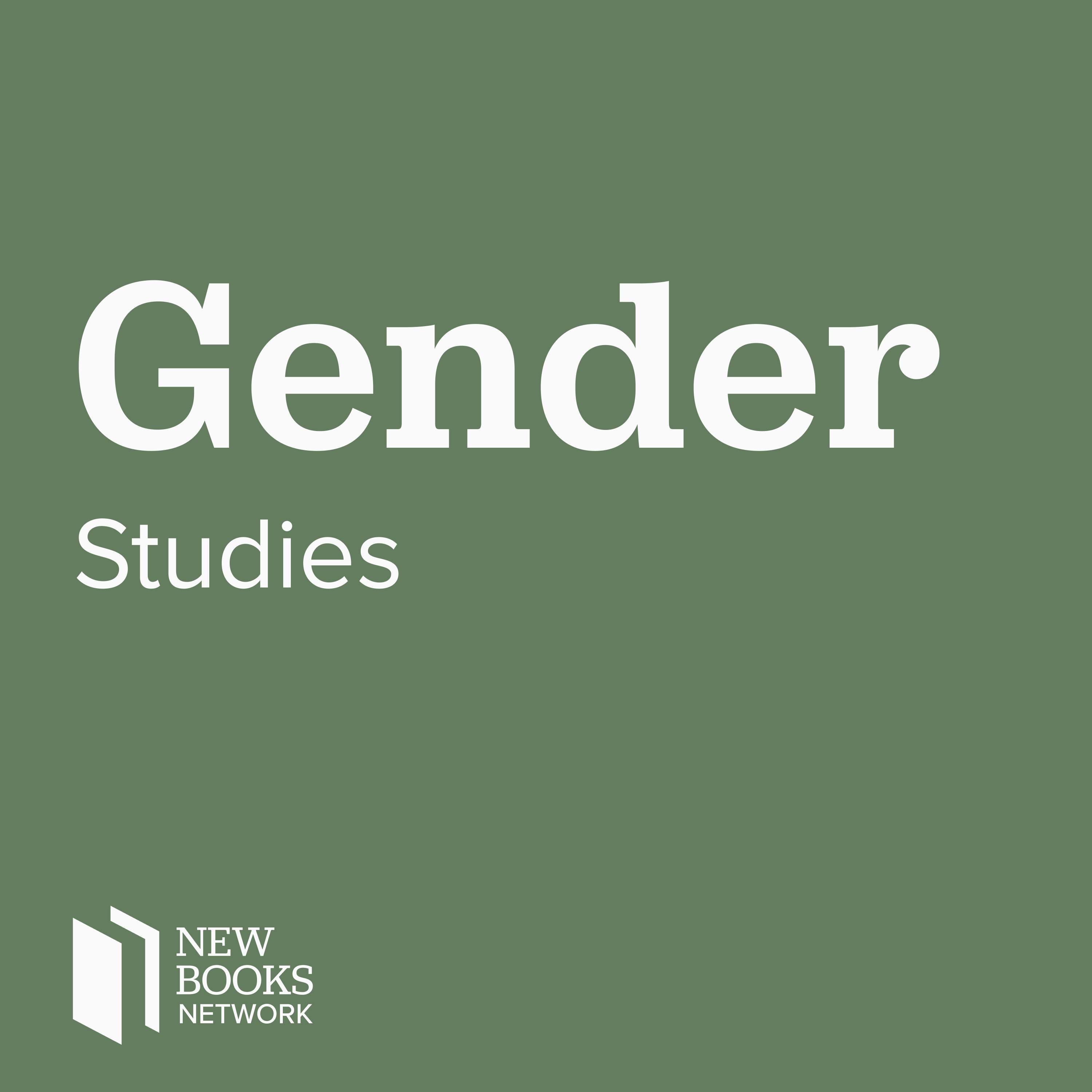Jennifer V. Evans, "The Queer Art of History: Queer Kinship After Fascism" (Duke UP, 2023)

In\xa0The Queer Art of History: Queer Kinship After Fascism\xa0(Duke UP, 2023),\xa0Jennifer V. Evans examines postwar and contemporary German history to broadly argue for a practice of queer history that moves beyond bounded concepts and narratives of identity. Drawing on Black feminism, queer of color critique, and trans studies, Evans points out that although many rights for LGBTQI people have been gained in Germany, those rights have not been enjoyed equally. There remain fundamental struggles around whose bodies, behaviors, and communities belong. Evans uses kinship as an analytic category to identify the fraught and productive ways that Germans have confronted race, gender nonconformity, and sexuality in social movements, art, and everyday life. Evans shows how kinship illuminates the work of solidarity and intersectional organizing across difference and offers an openness to forms of contemporary and historical queerness that may escape the archive\u2019s confines. Through forms of kinship, queer and trans people test out new possibilities for citizenship, love, and public and family life in postwar Germany in ways that question claims about liberal democracy, the social contract, and the place of identity in rights-based discourses.\nJennifer V. Evans is Professor of History at Carleton University and author of\xa0Life among the Ruins: Cityscape and Sexuality in Cold War Berlin.\n\ufeffArmanc Yildiz\xa0is a postdoctoral researcher at Humboldt University. He received his Ph.D. in Social Anthropology at Harvard University, with a secondary degree in Studies of Women, Gender, and Sexuality. He is also the founder of Academics Write, where he supports scholars in their writing projects as a writing coach and developmental editor.\nLearn more about your ad choices. Visit megaphone.fm/adchoices\nSupport our show by becoming a premium member! https://newbooksnetwork.supportingcast.fm/gender-studies